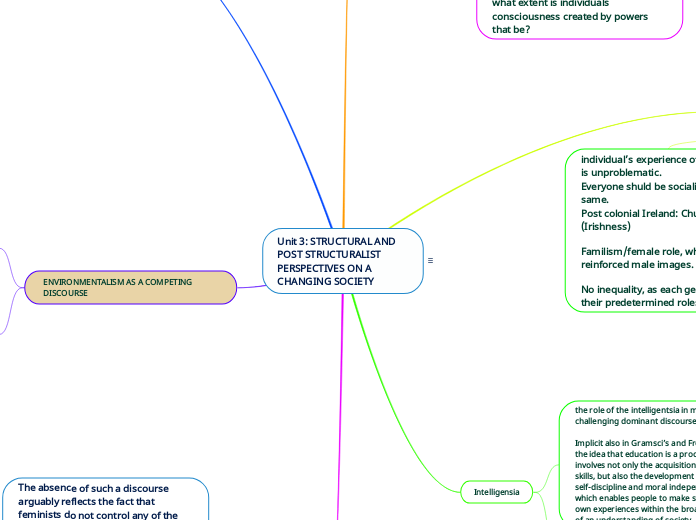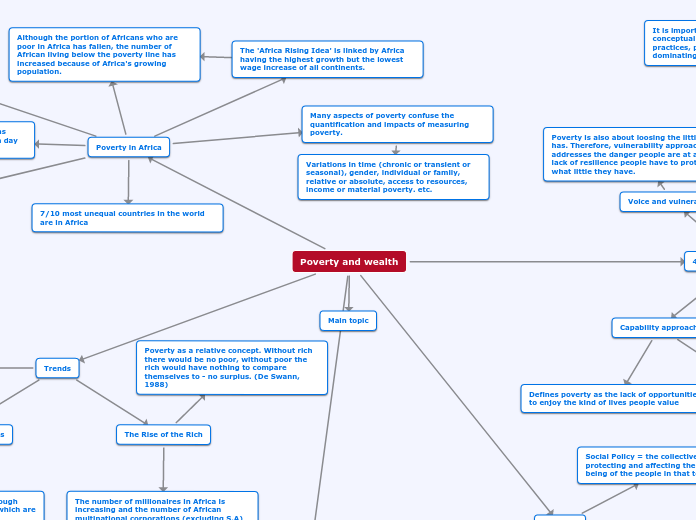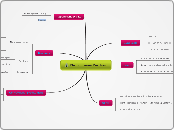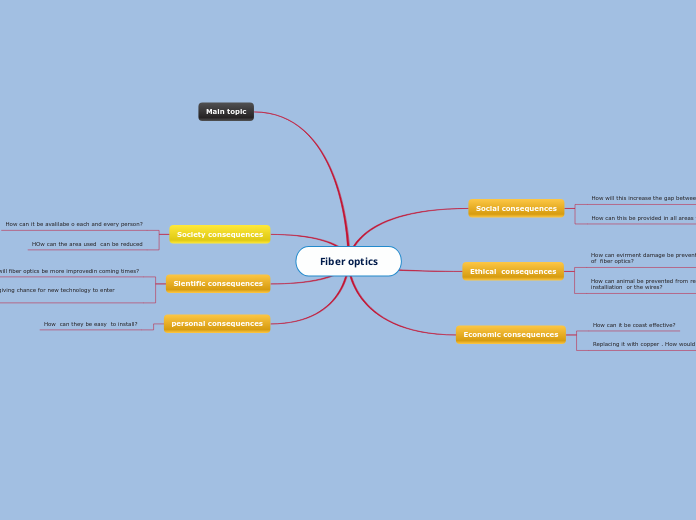por Liam Kilmartin 3 anos atrás
156
Unit 3: STRUCTURAL AND POST STRUCTURALIST PERSPECTIVES ON A CHANGING SOCIETY
The text explores various sociological perspectives, focusing on functionalist, conflict, and post-structuralist views within a changing society. Functionalism emphasizes societal consensus, a view prevalent in Ireland until the 1970s.









